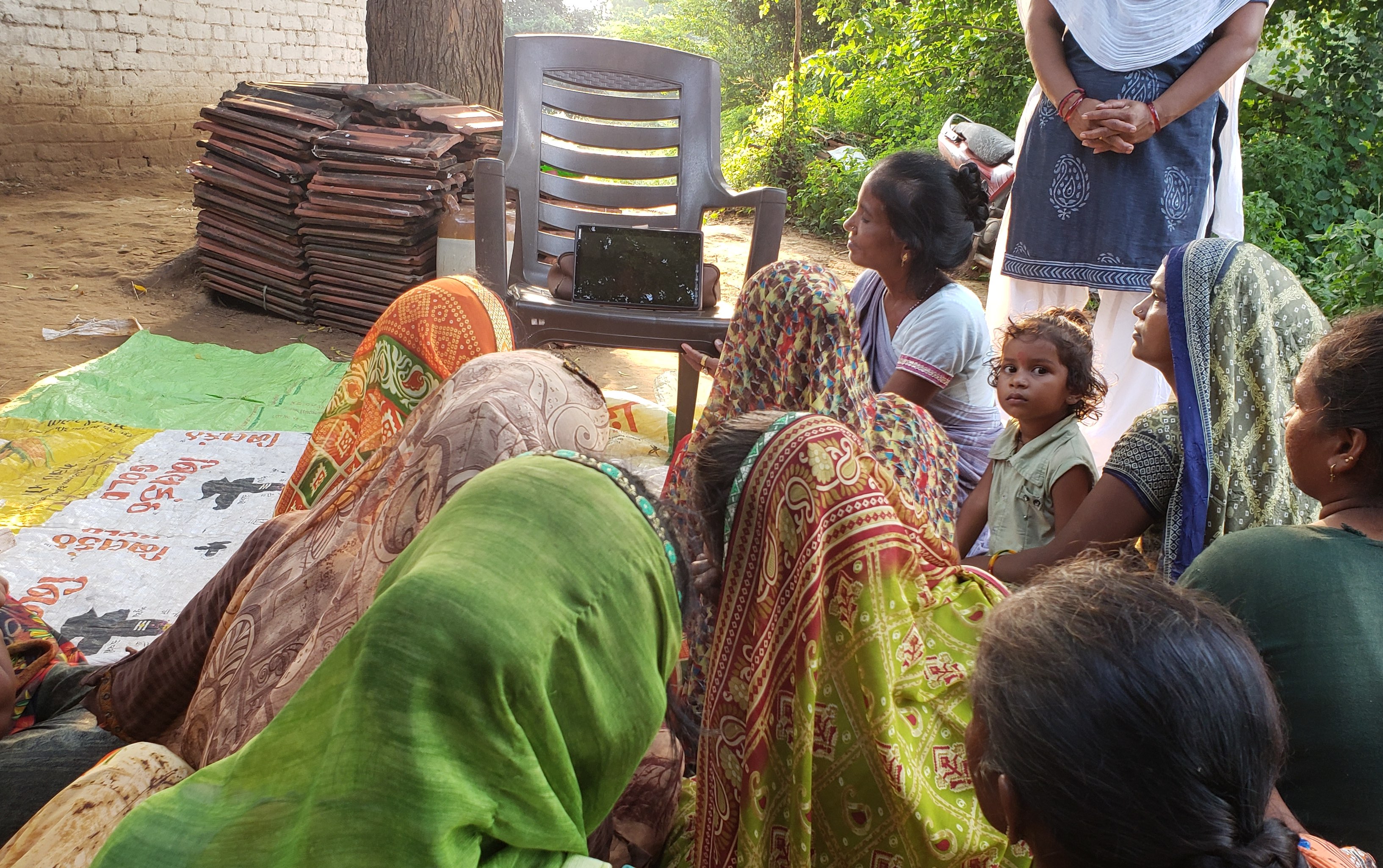The International Day of Rural Women, celebrated every year on October 15, focuses attention on their essential role in producing food and driving rural development. Unfortunately, many obstacles also prevent them from excelling in those capacities.
Women account for close to half of all agricultural work done in Africa. In India, more than 80% of work in the livestock sector and one third in the crop cultivation sector is done by women. With men leaving agriculture faster than women in response to growing climate impacts—mostly because they can find other jobs more readily—women’s shares in agricultural labor are set to grow further.Women’s contributions are even larger in the food services sector, and more generally they are mostly responsible for cooking and putting food on the table.
Despite these substantial responsibilities, women’s access to productive resources and services and even to information on agricultural technologies and practices is limited, and their needs and voices are seldom heard.
Climate change, meanwhile, poses growing challenges to the fight against hunger and poverty. Farmers, for example, must be able to adopt strategies to protect themselves against climate risks. Yet women farmers are more likely then men to lack awareness of those risks and available adaptations.
Delivering such technologies is also a challenge. When they do have access to climate resilience advice and technologies, there is also evidence that men and women prefer different practices. We also know that when women have access to information, they are just as likely as men, if not more so for their preferred practices, to adopt climate resilience strategies.
The Reaching Smallholder Women with Information Services and Resilience Strategies to Respond to Climate Change project aims at reducing gendered gaps in access to information on climate smart agriculture (CSA) using video-based extension approaches.
The goal is to overcome the challenges of traditional extension services—largely offered by male extension staff to male household heads—as well as those of digital agricultural platforms that also fail women, particularly poorer women with less access to smartphones and mobile internet. As an example, while 41% of men in India had access to a smartphone in 2020, only 25% of women did. In other words, agriculture and climate information sent via smartphones can only reach one quarter of women across India, and many fewer in rural areas.
In September 2022, an international workshop in India brought together experts from that country plus Kenya and Uganda to share and learn from women farmers engaged in agriculture and food processing. The similarities in challenges that women farmers in the three countries faced shows how important it is to expand the sharing of knowledge and methods between communities, both locally and regionally, to support food system functions as climate impacts increase.
A visit to Anand district, Gujarat, demonstrated the efforts of rural women farmers, with the support of technical experts and a women’s support network, the Self Employed Women’s Association (SEWA), in the development and use of biogas technology (adopted following a similar South-to-South field visit to rural Kenya where GROOTS Kenya was supporting this technology). Biogas, produced in the controlled breakdown of organic waste and then used as fuel, has become an affordable, sustainable technology for rural women as installations receive carbon credits and allow women to avoid purchasing costly cooking fuel or burning dried cow dung. More than 800 SEWA members have signed up for biogas installation.
Ruth Meinzen-Dick/IFPRI
A farmer and member of GROOTS Kenya explains the workings of her biogas system to a visiting SEWA representative from India.
The project developed videos of climate smart agriculture practices identified by women—in Uganda, these are climate smart pig and poultry management, soil and water management and integrated pest management—and that showcase women explaining and implementing these practices. These videos are currently being rolled out to 40,000 women farmers across the three countries.
Preliminary results in Uganda suggest that the videos have increased awareness and knowledge of climate smart agriculture practices, while adoption of more labor-intensive practices, such as soil and water management, has not improved. The study also indicates the importance of showing videos to groups of farmers, and that it is important to have a skilled trainer on hand to answer questions.
Reflecting on these experiences with women farmers in India, Kenya, and Uganda, we are reminded of how difficult—and also how simple—it is to remove some of the barriers that women continue to face in in the fight against hunger and poverty. Support structures like SEWA or GROOTS Kenya or the Ugandan extension system (also rolling out videos) are essential. So are technical and practical solutions that allow women to cultivate their agency and resources, so essential for finding solutions in today’s unfolding climate crisis.
Damilola Aladesuru is an AgEcon MA student at the University of Hohenheim, Germany; Claudia Ringler is Deputy Director of IFPRI’s Environment and Production Technology Division.
This project is supported by the German Federal Ministry of Economic Cooperation and Development (BMZ) and the CGIAR Research Program on Policies, Institutions, and Markets (PIM).







